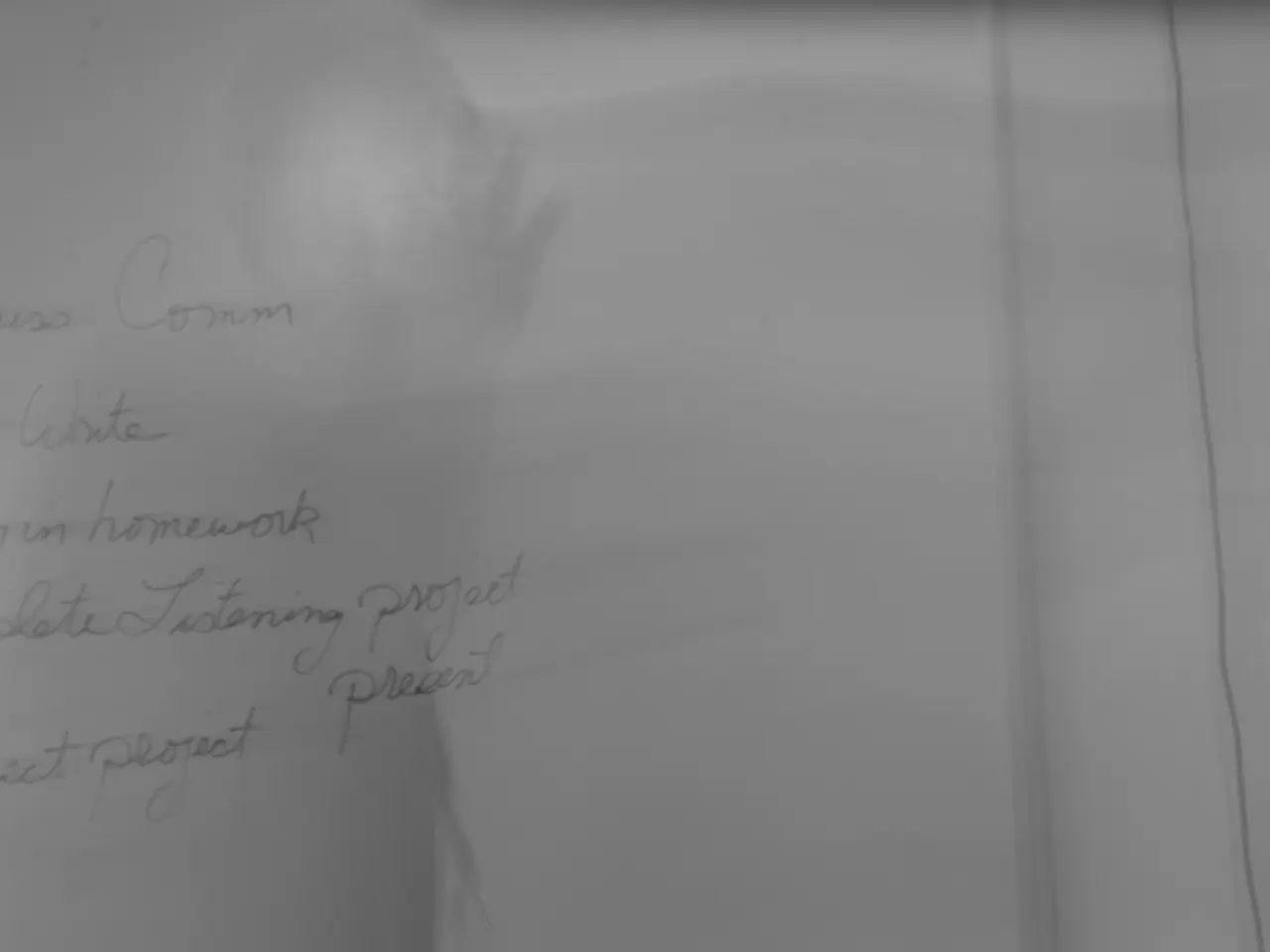Finance Minister Klingbeil Discusses Budget Matters and the Ailments of the Traffic Light Coalition - Financial Allocation Dispute and Road Sign Mishap Incident
Finance Minister Klingbeil Faces Tough Budget Challenges After Previous Coalition's Failure
by Florian Schillat
The new Finance Minister, Lars Klingbeil, is faced with a daunting task, as he inherits a provisional budget following the collapse of the previous government. The social democratic (SPD) politician must navigate the fiscal landscape marked by the remnants of the previous coalition's unresolved issues and European fiscal criteria.
As Germany enters 2025 with a provisional budget, the need for timely budget approval is paramount. Klingbeil aims to present a draft federal budget for 2025 to the cabinet by the end of June and secure parliamentary approval by mid-September. The plans for the subsequent 2026 draft are also underway, with the aim of completing it before year-end.
While the minister seeks to move away from constrained budget management, he must strike a balance between accelerating investments to stimulate growth and preserving financial sustainability. Keeping a watchful eye on effective and transparent spending forms a key part of his strategy.
The lack of a comprehensive 2024 budget provides valuable lessons for Klingbeil. He acknowledges the need for collaboration, reform, and transparency in the public sector as he reorients the Finance Ministry into a "ministry of investment." This reorientation will be bolstered by a €500 billion special infrastructure fund to support growth-related initiatives.
The new minister intends to scrutinize investments carefully and ensure that every euro deployed contributes to sustainable and effective development. Klingbeil's effort to transform the Finance Ministry and bridge the gap left by the previous coalition's fiscal deadlock will be closely monitored by all coalition partners.
In a devastating critique, former Finance Minister Christian Lindner of the Free Democratic Party (FDP) had blasted the coalition's ministries for submitting "exorbitant wish lists" in 2023, which he described as sufficient for "Christmas, Easter, and birthday combined." The 2025 federal budget is expected to confront a financing gap of around €30 billion.
Navigating the fragile political landscape and addressing the pressing concerns of the nation will form the crux of Klingbeil's tenure as Finance Minister. His success in overcoming these challenges will have far-reaching implications for the future of Germany's economy and its relations with EU partners.
[Source: Rheinische Post]
- The upcoming community policy and general-news coverage of Lars Klingbeil's tenure as Finance Minister will likely touch upon his efforts to secure employment for Germans, given the challenging budget landscape he inherited after the previous coalition's collapse, and his strategy of maintaining financial sustainability while accelerating investments for growth.
- In the realm of business and politics, the Finance Minister's approach to fiscal management, including the implementation of the €500 billion special infrastructure fund, will be scrutinized closely, particularly in the context of the potential financing gap of around €30 billion in the 2025 federal budget, which follows the provisional budget of 2024.





